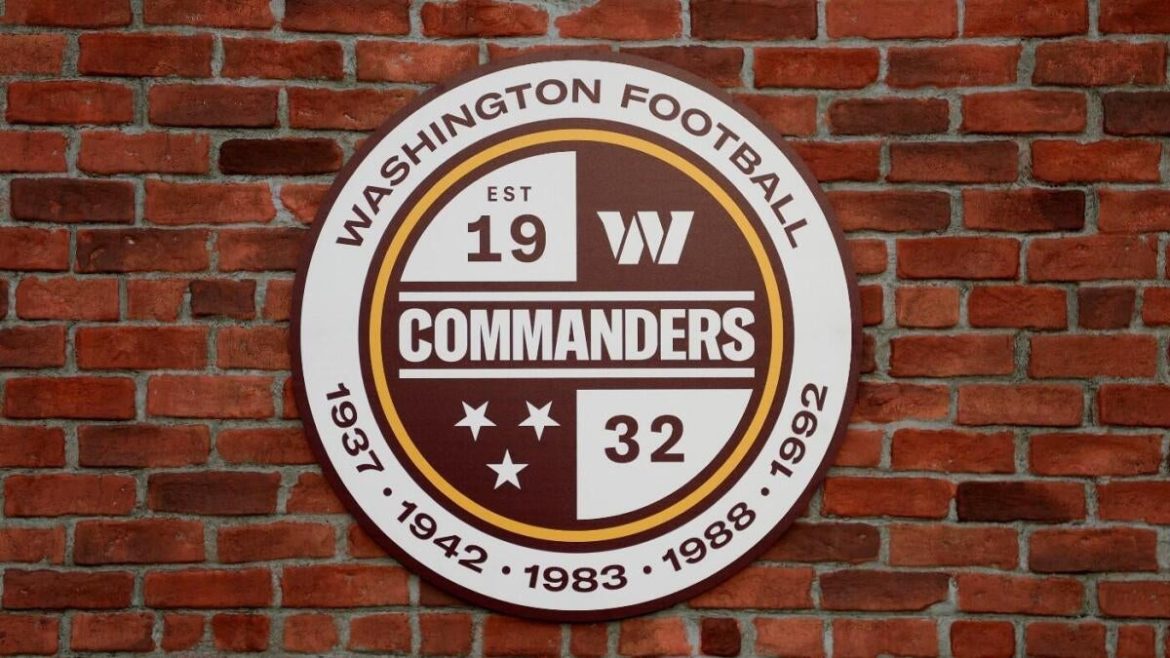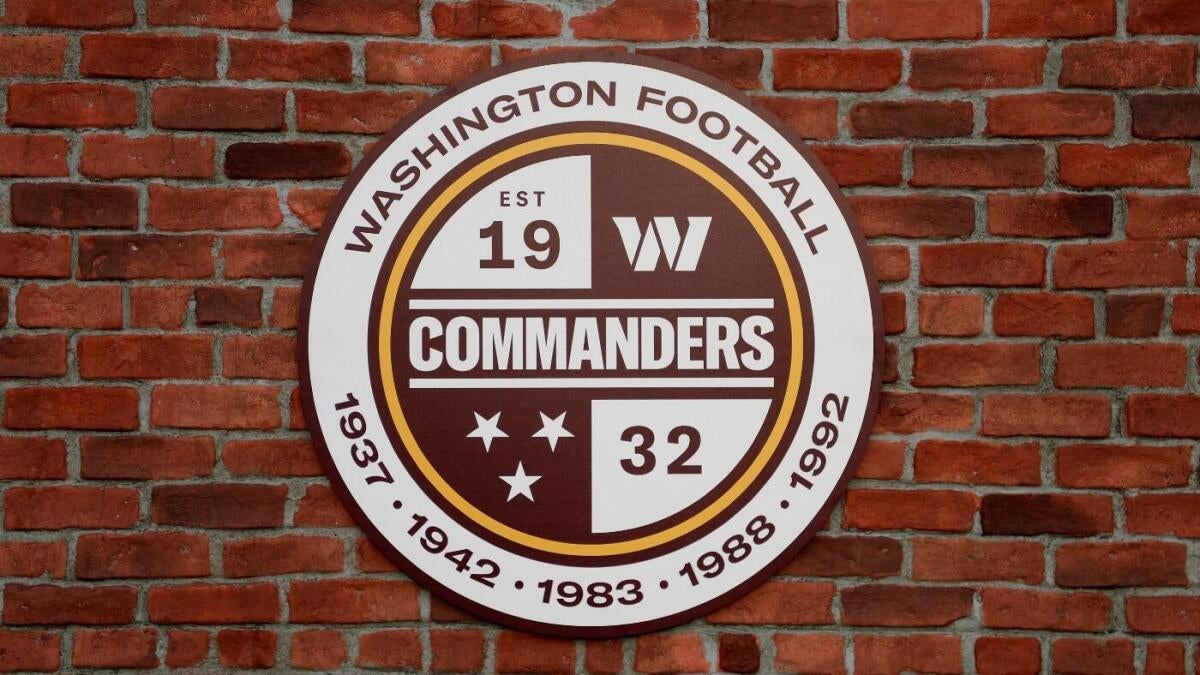The Gridiron Gambit: Trump’s Playbook with the Washington Commanders’ Stadium Deal
The Lay of the Land: A Stadium in the Balance
The Washington Commanders’ pursuit of a new stadium in Washington, D.C., is a high-stakes endeavor that transcends the realm of sports. The proposed $3.7 billion stadium complex, slated for the site of the old RFK Stadium, is poised to be a transformative project for the city. Beyond providing a state-of-the-art venue for football games, the development is expected to include mixed-use spaces, creating jobs and stimulating the local economy. The RFK Stadium site is not just a piece of real estate; it is a symbol of the team’s history and a nostalgic touchstone for many fans. The new stadium aims to honor this legacy while offering a modern fan experience, potentially attracting new generations of supporters.
However, the path to securing this stadium is fraught with challenges. The project requires navigating a complex web of local and federal stakeholders, each with their own interests and priorities. The team’s decision to change its name from the “Redskins” to the “Commanders” in 2020 has added another layer of complexity to the process. While the name change was intended to be a step toward inclusivity and respect for Native American communities, it has also sparked debate and division among fans. This controversy has created an opening for external influences, such as former President Donald Trump, to insert themselves into the stadium negotiations.
The Trump Card: A Threat from the Sidelines
Donald Trump’s recent threat to obstruct the Washington Commanders’ stadium deal unless the team reinstates its former “Redskins” moniker is a bold move that has captured national attention. Trump’s intervention is not merely a casual observation; it is a calculated strategy designed to leverage his influence and shape the outcome of the stadium negotiations. His argument hinges on the belief that the “Redskins” name is more valuable and that the team would benefit financially from its restoration. He has also criticized the “Commanders” name as “ridiculous,” suggesting that it lacks the historical resonance and marketability of the former moniker.
Trump’s involvement in this issue is not new. He has been a vocal critic of the Commanders’ name change since it was announced, framing it as an example of political correctness gone too far. His recent threat to interfere with the stadium deal represents a significant escalation of his engagement, raising questions about the extent of his influence and his motivations. Trump’s intervention underscores the intersection of politics and sports, highlighting how powerful figures can wield their influence to shape outcomes in ways that extend beyond the playing field.
The Name Game: More Than Just Semantics
The controversy surrounding the “Redskins” name is deeply rooted in issues of race, cultural sensitivity, and the broader struggle for social justice. For many Native American groups, the term is a derogatory slur that perpetuates harmful stereotypes and trivializes their history and culture. The team’s decision to change its name in 2020 was a response to mounting pressure from sponsors, fans, and advocacy groups, reflecting a growing recognition of the need for inclusivity and respect in professional sports.
The new name, “Commanders,” was chosen to represent a fresh start for the franchise, one that is inclusive and respectful of all communities. However, the name has been met with mixed reactions from fans, with some finding it uninspired and lacking the tradition associated with the former moniker. This dissatisfaction has created an opportunity for figures like Trump to capitalize on the nostalgia for the “Redskins” name, framing the issue as a battle between tradition and political correctness.
The debate over the team’s name is not just about semantics; it is about the values and principles that the franchise embodies. The “Redskins” name has long been a source of controversy, with critics arguing that it is a relic of a bygone era that perpetuates harmful stereotypes. The team’s decision to change its name was a recognition of this reality, reflecting a broader shift in societal attitudes toward issues of race and cultural sensitivity. Trump’s intervention in this debate highlights the ongoing struggle to reconcile tradition with progress, and the challenges of finding common ground on sensitive issues.
Power Plays: Can Trump Actually Block the Deal?
The question of whether Trump can actually block the Commanders’ stadium deal is a complex one, dependent on a variety of factors. While Trump no longer holds public office, he still wields considerable influence within the Republican Party and among his base of supporters. He could potentially exert pressure on key decision-makers in Congress or the federal government to stall or derail the project. The RFK Stadium site is owned by the federal government, giving Congress some oversight over its redevelopment. Trump could lobby members of Congress to oppose the stadium deal or attach conditions to its approval, such as requiring the team to change its name.
However, there are also significant obstacles to Trump’s plan. The Commanders have strong support from local officials in Washington, D.C., who see the new stadium as a vital economic development project. Additionally, any attempt to block the deal would likely face legal challenges, as well as strong opposition from advocacy groups and civil rights organizations. The team’s decision to change its name was a recognition of the growing expectation that businesses take a stand on social and political issues, and any attempt to reverse that decision would likely be met with significant backlash.
Ultimately, the success of Trump’s threat will depend on his ability to mobilize his political capital and overcome these obstacles. It remains to be seen whether he can successfully translate his influence into concrete action, or whether the team and its supporters will be able to resist his pressure.
Beyond the Gridiron: The Broader Implications
This controversy extends far beyond the realm of football, raising important questions about the role of sports in society, the power of political figures to influence private enterprise, and the ongoing struggle for racial justice and cultural sensitivity. Trump’s intervention in the Commanders’ stadium deal highlights the deep divisions that continue to exist in American society and the challenges of finding common ground on sensitive issues.
The debate over the team’s name is a microcosm of the broader struggle for social justice and equality. It reflects the ongoing tension between tradition and progress, and the need for institutions to evolve in response to changing societal attitudes. The Commanders’ decision to change their name was a recognition of this reality, and any attempt to reverse that decision would likely be met with significant backlash.
This controversy also underscores the importance of corporate responsibility and the growing expectation that businesses take a stand on social and political issues. The Commanders’ name change was a recognition of this reality, and any attempt to reverse that decision would likely be met with significant backlash. The outcome of this debate will have implications not just for the team and its fans, but for the broader sports industry and society as a whole.
The Fourth Quarter: What’s Next?
The future of the Commanders’ stadium deal remains uncertain, with several possible scenarios playing out in the coming months. One possibility is that the team could explore a compromise solution, such as honoring the history of the “Redskins” name in some way without fully restoring it. This could involve incorporating elements of the former moniker into the team’s branding or merchandise, while still retaining the “Commanders” name.
Another possibility is that the team could stand firm in its decision to retain the “Commanders” name and fight any attempts to block the stadium deal. This would likely involve mobilizing support from fans, local officials, and advocacy groups to resist Trump’s pressure. The team could also explore legal avenues to challenge any attempts to obstruct the stadium project.
A third possibility is that Trump could continue to exert pressure on key decision-makers, potentially leading to a stalemate or a prolonged legal battle. This could involve lobbying members of Congress to oppose the stadium deal or attaching conditions to its approval. The outcome of this scenario would depend on Trump’s ability to mobilize his political capital and overcome the obstacles to his plan.
Finally, the outcome of this debate could be influenced by public opinion, with fans and the broader community weighing in on the issue. The team could conduct surveys or focus groups to gauge fan sentiment, or engage in public outreach to build support for the “Commanders” name. The outcome of this debate will ultimately depend on the ability of the team, its supporters, and its opponents to make their case to the public and shape the narrative around the issue.
The Final Whistle: A Legacy on the Line
The Washington Commanders’ stadium saga is more than just a real estate deal; it is a reflection of our evolving understanding of history, culture, and social responsibility. Whether Trump’s intervention ultimately succeeds or fails, it has already left an indelible mark on the narrative. The team’s future, the city’s economic development, and the legacy of a controversial name all hang in the balance. The final score remains to be seen, but one thing is clear: this game is far from over.
The outcome of this debate will have implications not just for the team and its fans, but for the broader sports industry and society as a whole. It will shape the way that sports teams navigate issues of cultural sensitivity and social responsibility, and the role that political figures play in shaping the outcomes of private enterprise. The Washington Commanders’ stadium saga is a reminder of the power of sports to spark debate and the importance of engaging in respectful dialogue about complex issues. The final whistle may not have blown yet, but the stakes could not be higher.





